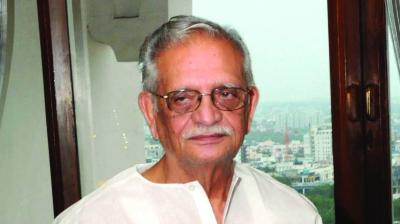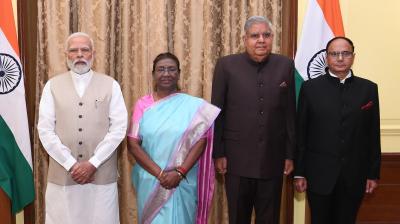New film recalls Pope’s darkest moments
The challenges faced by Pope Francis during the dark years of the Argentine military dictatorship (1976-1983) are portrayed in a new film, Call Me Francesco, which will have its world premiere at the
The challenges faced by Pope Francis during the dark years of the Argentine military dictatorship (1976-1983) are portrayed in a new film, Call Me Francesco, which will have its world premiere at the Vatican on Tuesday.
The film tells the story of the life of Jorge Mario Bergoglio, from his youth to his election as head of the Roman Catholic Church in March 2013. During the 98-minute biopic the audience gets a glimpse into Bergoglio’s life as a young man in Buenos Aires, surrounded by Peronist friends and with a girlfriend he came close to proposing to before getting his calling to become a priest.
As the military dictatorship’s grip tightens on the country, Bergoglio, now provincial superior of the Jesuits in Argentina, must walk the thin line between staying out of the generals’ firing line and trying to protect those being persecuted, as friends, colleagues and acquaintances are “disappeared” and tortured around him.
“I didn’t want to present him as a saint or make a hagiography,” said the film’s director, Daniele Luchetti.
“That was the danger. I wanted to respect the history of Argentina and so I listened to all suggestions without trivialising anything.” Luchetti’s film focuses on the character of Bergoglio, depicting him as an authoritarian but sensitive personality. At the height of the dictatorship’s repression, it shows the future pope hiding persecuted students in his seminary, helping people escape to exile and consoling the so-called “Mothers of the Plaza de Mayo” whose children were “disappeared” by the dictatorship.
Luchetti insists he has produced a realistic and balanced portrayal of the characters and events covered by the film. Those who still believe Bergoglio could have done more to speak out against the regime may not agree as the film largely steers clear of the issue of Church silence in the face of the dictatorship’s use of torture and extrajudicial killings to silence dissent.


















